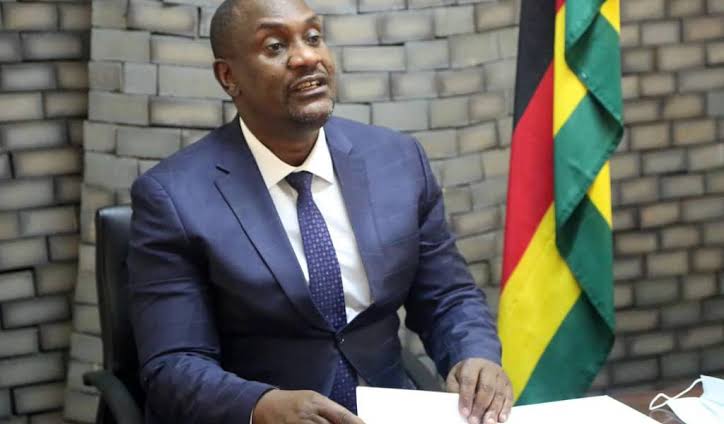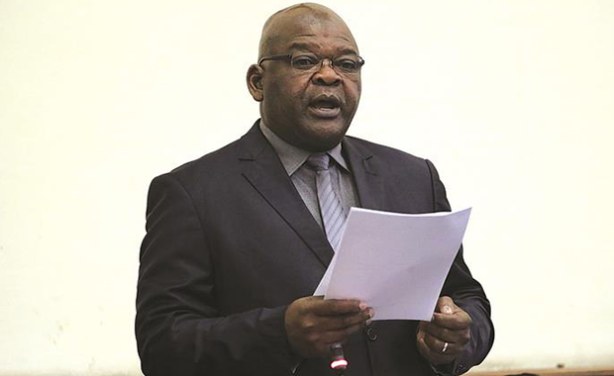 In a significant diplomatic development, the United Kingdom has officially lifted sanctions on four Zimbabwean officials, signaling a possible softening of its long-standing stance against certain members of Zimbabwe’s political elite.
In a significant diplomatic development, the United Kingdom has officially lifted sanctions on four Zimbabwean officials, signaling a possible softening of its long-standing stance against certain members of Zimbabwe’s political elite.
The announcement was made by the UK’s Foreign, Commonwealth & Development Office (FCDO) in a public statement released on Wednesday. The sanctions, which included asset freezes and travel bans, were originally imposed due to concerns over human rights violations and democratic backsliding during previous administrations in Zimbabwe.
According to the statement, the removal of the sanctions comes as part of the UK’s ongoing review of foreign policy tools and its commitment to supporting positive political reform in the Southern African nation.
 The lifting of these measures is not a declaration of complete normalization, but a recognition of incremental progress and a commitment to constructive dialogue with Zimbabwean authorities,” the FCDO noted. Who Was Removed from the Sanctions List?
The lifting of these measures is not a declaration of complete normalization, but a recognition of incremental progress and a commitment to constructive dialogue with Zimbabwean authorities,” the FCDO noted. Who Was Removed from the Sanctions List?
While the UK government has not officially published the names in the press release, diplomatic insiders and local Zimbabwean media have identified the officials as senior members of the ruling ZANU-PF party and former government security advisors who had been previously linked to crackdowns on opposition protests and electoral manipulation.
Their removal from the list is seen as a confidence-building gesture following increased cooperation between UK and Zimbabwean diplomats on trade, human rights monitoring, and regional peacekeeping.
The Zimbabwean government, through its Ministry of Foreign Affairs, welcomed the move, describing it as a “step toward restoring mutual respect and open dialogue.”
“We have always maintained that sanctions are unjust and counterproductive. This development shows that the world is beginning to see Zimbabwe with fresh eyes,” said Foreign Affairs Minister Frederick Shava during a press briefing in Harare.
ZANU-PF spokespersons echoed the sentiment, calling on remaining sanctions—particularly those from the United States and the European Union—to also be reviewed and removed.
The UK’s decision has stirred mixed reactions in the international community. Human rights organizations have expressed caution, urging London not to ease pressure prematurely.
“While we support engagement, lifting sanctions must be tied to real, measurable progress in human rights, democratic governance, and judicial independence,” said a spokesperson from Human Rights Watch.
The United States, which maintains its own targeted sanctions list through the Global Magnitsky Act, stated that it would independently review any adjustments in alignment with its foreign policy principles.
The UK first imposed sanctions on Zimbabwean individuals and entities in the early 2000s under then-Prime Minister Tony Blair, following controversial land reform programs and widespread reports of political violence under former President Robert Mugabe.
Though relations began to thaw after President Emmerson Mnangagwa took power in 2017, the UK continued to maintain a cautious stance amid reports of electoral irregularities, suppression of dissent, and limitations on press freedom.
Analysts believe the UK’s latest decision is part of a broader strategy to re-engage diplomatically with African nations in the post-Brexit era, particularly in regions with untapped trade and investment potential.
However, many warn that easing sanctions should not mean relaxing oversight.
“Diplomatic re-engagement must go hand in hand with strong accountability mechanisms,” said Professor Angela Moyo, a political analyst at the University of Zimbabwe. “The international community must support Zimbabwe, but not ignore its internal challenges.”
As of now, several other Zimbabwean officials remain under UK and EU restrictions, and it remains to be seen whether this move will lead to further concessions—or invite closer scrutiny

